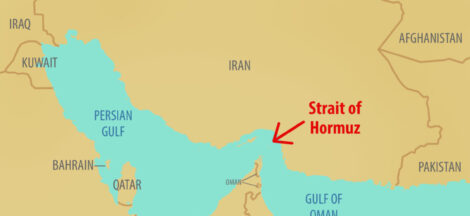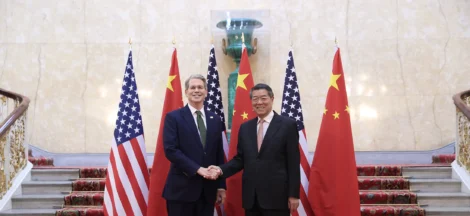By Tirthankar Mitra
The French are justifiably proud of their language and their country with a long tradition of arts, culture and culinary delights. As things stand now, more than 60 per cent of those who speak French daily live in Africa.
In all, fact that more people who speak the language live in the erstwhile Dark Continent is underscored by the statistics that 80 per cent of the children studying French are in Africa. To cut a long story short, French language is spoken by more people in the former colonies of France than within what its residents like to refer to as Mother Country vis-a-vis the lands where legionaries were the first to set foot and speak the language.
In a 2019 speech President Emanuel Macron of France said ” France must take pride in being essentially one country among others that learns, speaks and writes in French.” Macron, is no fortune teller looking into the crystal ball nor a watcher of demographic trends and the liking of a rising generation for a language that had travelled beyond shores to its colonies.
Be it Benin, Burundi, Cameroon or Chad where French is the official language after being the lingua franca of onetime rulers of these countries. Not too many pleasant memories ought to be associated with this language owing to it being carried into these erstwhile colonies on bayonets.
But it is all hunky dory now with the local populace changing it to their tune and taste. French, by most estimates, the world’s most spoken language is changing. And the changes do not conform to the official dictionary. The change is being ushered in far, far away from banks of Seine, Loire and Rhone.
The change in French is perceptible in the most unlikely of places in the former French colonies. A rooftop in Abidjan, the largest city in Ivory Coast have exported something carrying no tariff to the Parisian suburb. The word “enjailer” comes to the ear when walking through the streets of Paris or one of its suburbs. The word means having fun
But it comes from Abidjan to describe how aderenaline seeking young Ivorians in the 1980s jumped on and off buses racing through the streets. Social media platforms like TikTok and X handle are literally spreading the word.
A growing number of words and expressions from Africa are now infusing the French language. Playing with words and languages is “choco” an abbreviation for chocolate meaning “sweet” or “stylish”.
Thus a rapper could add to a sophisticated language like French. He/she does not care a hoot about Lytton Starchey’s take on French ” The genius of the French language descended from a single Latin stock, has triumphed most in the contrary direction – in simplicity, in unity, in clarity and in restraint.”
Words are created from existing realities. And then they spread. In the 1960s, 90 per cent of French speakers lived in France and other Western countries. On the other hand, French flourishes in Africa every day. By 2060, upto 85 per cent of French speakers will live in Africa. The youth population of Africa is surging, while the rest of the world is greying.
Almost half of the countries in Africa were at one time French colonies. And most of them use French as the official language. Yet France has faced growing resentment in recent years in these countries. Such ill feelings can be laid at the door of colonial legacy and continuing influence.
If some of these countries have evicted French ambassador and troops, such angst have not gone unnoticed in Paris. In the City of Light and the country whose Capital it is, the evolution of French provokes debate among intellectuals..
What would have been the take of two of the greatest men of action of France on this issue ? Napoleon Bonaparte would have arguably raised an eyebrow and then got busy in his next plan of campaign; De Gaulle would have dismissed it with a gallic shrug. (IPA Service)



